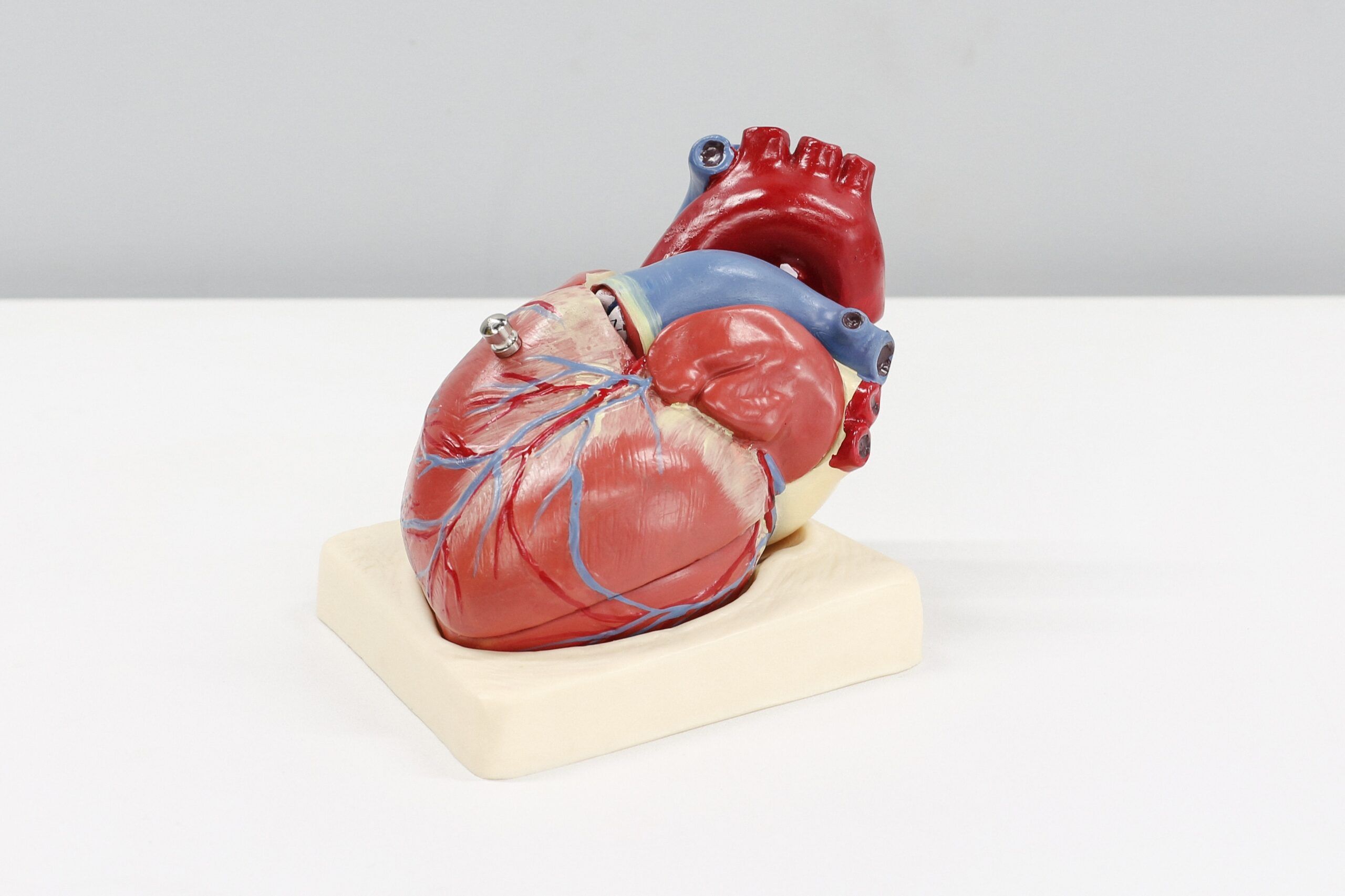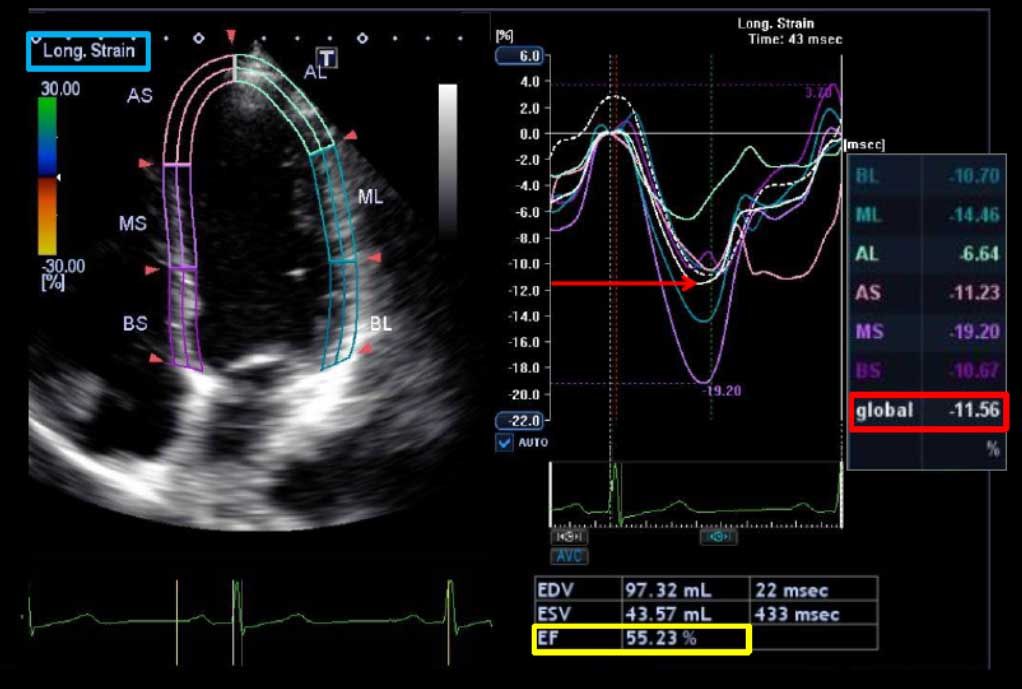Blood Pressure meds are more effective when taken at night
According to a new study by Hermida, R.C. et al (from University of Vigo, Spain), published on October 24, 2011 in the Journal of the American Society of Nephrology, among patients with chronic kidney disease (CKD) and hypertension, taking at least one antihypertensive medication at bedtime significantly improves blood-pressure (BP) control, with an associated decrease in risk for cardiovascular events.
The study included 661 patients with CKD who were randomly assigned either to take all prescribed hypertension medications on awakening or to take at least one of them at bedtime. Ambulatory BP at 48 hours was measured at least once a year and/or at three months after any adjustment in treatment.
The composite measure of cardiovascular events used included death, MI, angina pectoris, revascularization, heart failure, arterial occlusion of lower extremities, occlusion of the retinal artery, and stroke.
Patients were followed for a median of 5.4 years; during that time, patients who took at least one BP-lowering medication at bedtime had approximately one-third the CVD risk as those who took all medications on awakening .
A similar significant reduction in risk with bedtime dosing was noted when the composite CVD outcome included only cardiovascular death, MI, and stroke.
Patients taking their medications at bedtime also had a significantly lower mean BP while sleeping, and a greater proportion of these patients had ambulatory BP control.
The researchers estimate that for each 5-mm-Hg decrease in mean sleep-time systolic BP, there was a 14% reduction in the risk for cardiovascular events during follow-up.
According the authors of this study: Treatment at bedtime is the most cost-effective and simplest strategy of successfully achieving the therapeutic goals of adequate asleep BP reduction and preserving or reestablishing the normal 24-hour BP-dipping pattern.
Reference: Hermida RC, Ayala DE, Mojón A, Fernández JR. Bedtime dosing of antihypertensive medications reduces cardiovascular risk in CKD. J Am Soc Nephrol 2011; DOI:10.1681/ASN.2011040361.


